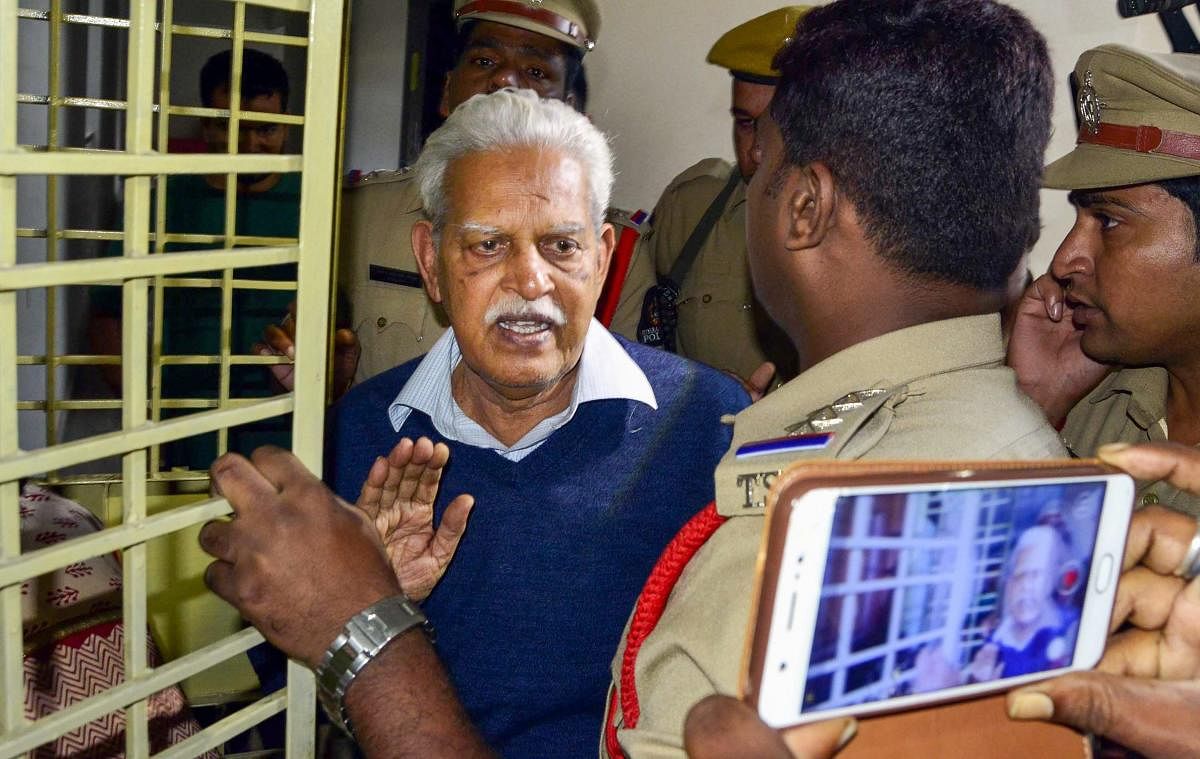
The Supreme Court on Friday said that the arrest of activists across the country was not a case merely because of dissenting views or difference in political ideology, but related to their links with the members of a banned organisation and its activities.
A three-judge bench presided over by Chief Justice Dipak Misra declined a plea by historian Romila Thapar and others for a SIT probe into the circumstances leading to the arrest of five activists on August 28 in the Bhima Koregaon violence case. “The accused cannot ask for changing the investigating agency or to do the investigation in a particular manner,” the court said.
The bench directed that its interim order passed on August 29 for keeping the activists — Gautam Navlakha, Sudha Bharadwaj, Varavara Rao, Arun Ferreira and Vernon Gonsalves — under house arrest would continue for four weeks, to enable them to approach the appropriate court.
The court also allowed the investigating officer to proceed against the accused as per law.
Justice A M Khanwilkar, who authored the judgement on behalf of himself and the CJI, said, “Except pointing out some circumstances to question the manner of arrest, no specific material facts and particulars are found in the petition about mala fide exercise of power by the investigating officer.”
The court termed as “vague and unsubstantiated” the allegations that crackdown on human rights activists, journalists, advocates and political workers were made “to silence dissent”.
“We have no hesitation in taking a view that the writ petition at the instance of the next friend of the accused for transfer of investigation to an independent investigating agency or for court-monitored investigation cannot be countenanced, much less as public interest litigation,” the court said.
In his dissenting view, Justice D Y Chandrachud said when serious doubts on the investigation have been raised, it was “not only permissible, but our constitutional duty” to ensure that it was carried out by a court-appointed special investigation team (SIT) so that justice is not compromised.
He said the Maharashtra Police selectively disclosed purported details of the investigation to the media, which “casts a cloud on the impartiality of the investigative process”.
Justice Chandrachud said if the top court were not to stand by the principles established by it, “we may witness a soulful requiem to liberty.”
After going through the relevant materials, the majority judgement, however said, it found force in the argument that the matter under investigation was on allegations that a banned organisation, CPI(M), organised events to propagate ill-will in different classes and turn them into unconstitutional and violent activities.
